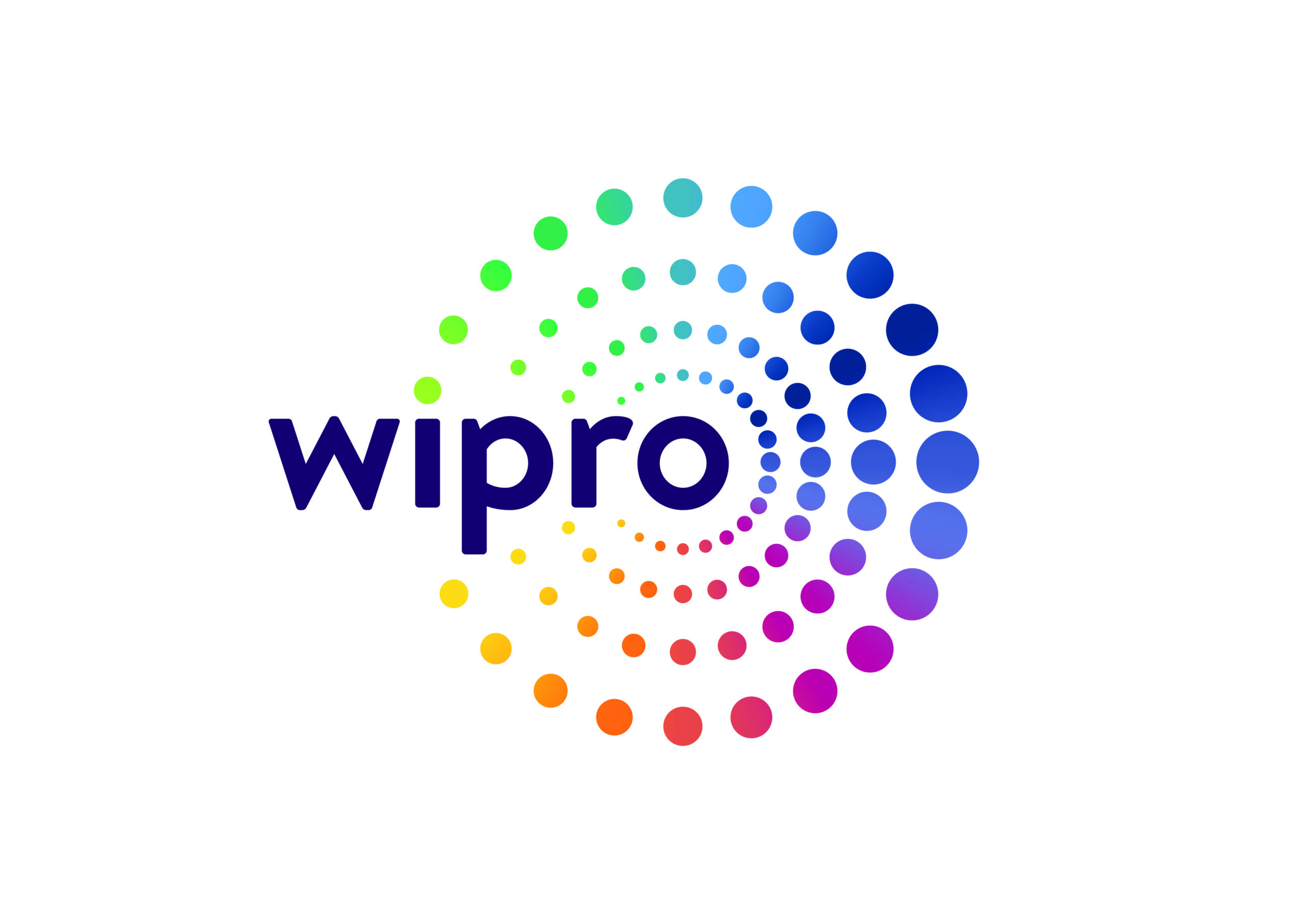Consumers request transparency, clean labels, says Frost & Sullivan
Bengaluru, NFAPost: The fragrance technology segment has been characterised by significant innovations backed by the adoption of artificial intelligence in natural fragrance and renewable ingredient development over the past three years, finds a Frost & Sullivan’s study.
Frost & Sullivan’s recent analysis, Growth Opportunities for Natural Fragrances in Personal Care, finds that the rise in interest for vegan perfumes, animal testing-free fragrances, and organically certified personal and beauty care products is significantly driving the growth of this industry.
In addition, the fragrance technology segment has been characterized by significant innovations in natural fragrance and renewable ingredient development over the past three years. The fragrance technology segment is at present in the cusp of change with the ever-rising need for developing new fragrance molecules that can cater to diverse consumer segments across the globe.
Innovation
Frost & Sullivan Technical Insights Research Analyst Monami Dey said the fragrance technology segment is highly consolidated and is led by a few major global flavor and fragrance houses that drive the innovation landscape based on the needs of brands and end consumers.
“Nowadays, consumers are more inclined towards COSMOS-, ECOCERT-, and HALAL-certified natural and organic products. Moreover, we witness an increase in demand for products with more transparency on the ingredients label,” said Frost & Sullivan Technical Insights Research Analyst Monami Dey.
Frost & Sullivan Technical Insights Research Analyst Monami Dey said innovation in technology is catalyzing the companies to adopt the use of artificial intelligence (AI) tools in the natural fragrance industry, which enables the digitization of product development and efficient production.
Alternative formulas
“Additionally, the benefit of using AI in fragrance creation is that it shortens the decision-making process by providing a quick suggestion for alternative formulas or ingredients,” said Frost & Sullivan Technical Insights Research Analyst Monami Dey.
Major players in the personal care industry are significantly investing in research & development (R&D) activities, which results in rapid changes in the landscape. To stay ahead of the competition, businesses should:
- Develop partnerships with global players to enter new demographics such as India, Malaysia, and the Middle East, improve profit margins and increase the geographical footprint to cater to diverse customer needs.
- Leverage digital tools such as AI to develop new raw material combinations and customization of fragrances to create more value for customers.
- Utilize steam distillation to produce essential oils from plants, exploring biosynthetic pathways to produce environment-friendly as well as biodegradable fragrance raw materials.
- Invest in start-ups that produce animal testing-free natural fragrance ingredients or products to improve their product portfolio, as well as academia to nurture innovation of natural fragrance molecules.
Growth Opportunities for Natural Fragrances in Personal Care is the latest addition to Frost & Sullivan’s Technical Insights research and analyses available through the Frost & Sullivan Leadership Council, which helps organizations identify a continuous flow of growth opportunities to succeed in an unpredictable future.
Natural fragrance
The segment has been characterised by significant innovations in natural fragrance and renewable ingredient development over the past three years. Increasing interest for vegan perfumes, animal-testing free fragrances, and organically certified personal and beauty care products are some of the major factors driving the growth of natural fragrances in the personal care industry.
In addition to this, increasing awareness regarding health hazards of synthetic ingredients has raised the demand for natural ingredients including botanical extracts, bio-based chemicals, marine extracts, and essential oils among end-consumers.
The fragrance technology segment is highly consolidated and is led by a few major global F&F (flavour and fragrance houses) who drive the innovation landscape based on the needs of brands and end consumers. The technology segment has seen a number of initiatives including new product developments, partnerships, and use of digital tools to gain product differentiation and consolidate the market position.





